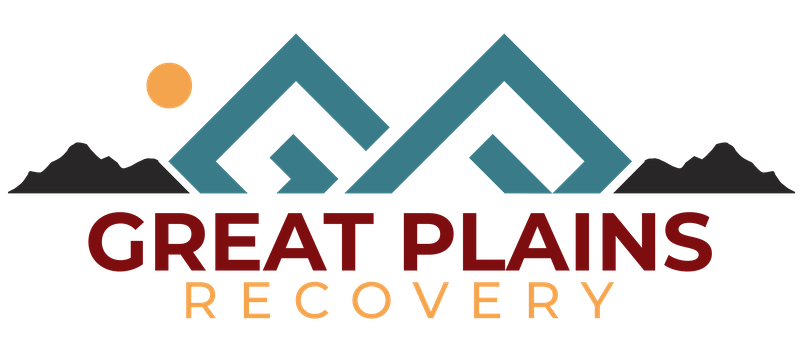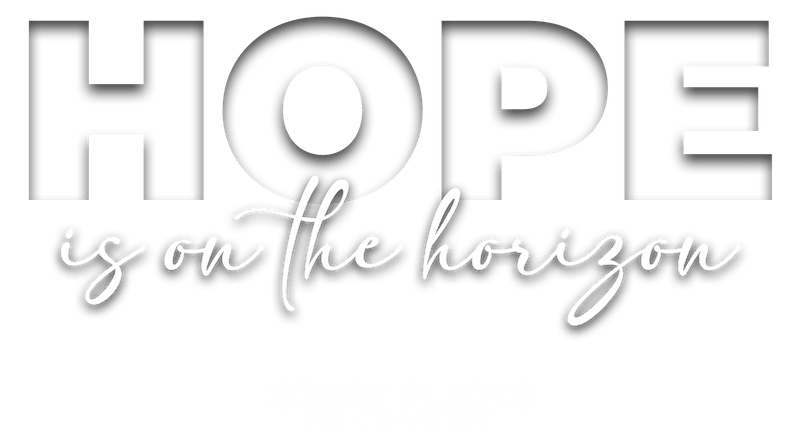
Understanding Medication-Assisted Treatment (MAT)
Medication-Assisted Treatment, commonly known as MAT, is an evidence-based approach to treating substance use disorders that combines medications with counseling and behavioral therapies. This comprehensive approach addresses both the physical and psychological aspects of addiction, offering many individuals a more sustainable path to recovery.
In Oklahoma, MAT has become an increasingly important treatment option, particularly for those struggling with opioid or alcohol use disorders. This approach recognizes that addiction is a complex medical condition that often requires multiple interventions for successful recovery.
Common Medications Used in MAT
Different medications are approved for treating various substance use disorders:
For Opioid Use Disorder:
- Methadone: Helps reduce opioid cravings and withdrawal symptoms without producing the high associated with opioid use
- Buprenorphine (including Suboxone): Reduces cravings and withdrawal symptoms while blocking the effects of other opioids
- Naltrexone: Blocks the euphoric effects of opioids and reduces cravings
For Alcohol Use Disorder:
- Naltrexone: Reduces alcohol cravings and blocks the rewarding effects of alcohol
- Acamprosate: Helps reduce alcohol cravings, particularly in those who have already stopped drinking
- Disulfiram: Causes unpleasant symptoms when alcohol is consumed, creating a deterrent to drinking
These medications are always prescribed as part of a comprehensive treatment plan that includes counseling and behavioral therapies.
How MAT Works in Recovery
MAT works by targeting the physical aspects of addiction while providing support for the psychological components through therapy. This dual approach offers several benefits:
- Reducing or eliminating withdrawal symptoms that often lead to relapse
- Normalizing brain chemistry and bodily functions disrupted by substance use
- Blocking the euphoric effects of substances, reducing their appeal
- Providing stability that allows patients to engage more effectively in counseling
- Reducing the risk of overdose, particularly for those with opioid use disorder
It’s important to understand that these medications don’t simply replace one drug with another. Instead, they work to normalize brain chemistry and body functions, allowing individuals to regain stability in their lives.
MAT Availability in Oklahoma
Oklahoma has expanded access to MAT in recent years, with options now available in many communities across the state. Treatment is provided through:
- Specialized addiction treatment centers
- Opioid Treatment Programs (OTPs) for methadone
- Healthcare providers with appropriate certifications for buprenorphine
- Hospital-based programs
- Community mental health centers
The availability of specific medications and programs varies by location, with more options typically available in larger cities and fewer in rural areas. However, telehealth options have helped expand access to certain types of MAT across the state.
Insurance Coverage and Cost Considerations
In Oklahoma, coverage for MAT varies depending on your insurance:
- Medicaid (SoonerCare) covers many MAT services and medications
- Most private insurance plans provide some level of coverage for MAT
- Some tribal health systems offer MAT services for enrolled members
- Several grant-funded programs exist to help those without adequate insurance coverage
Out-of-pocket costs can vary significantly depending on the medication, provider, and insurance coverage. Working with a treatment center that offers financial counseling can help navigate these considerations.
What to Expect from MAT
If you’re considering MAT, here’s what the process typically involves:
- Comprehensive assessment: Determining if MAT is appropriate for your specific situation
- Medication induction: Beginning medication under medical supervision
- Stabilization: Finding the right medication dosage for your needs
- Ongoing treatment: Regular medical check-ups alongside counseling sessions
- Support services: Additional resources like peer support, case management, or family therapy
- Monitoring: Regular drug testing and check-ins to ensure treatment effectiveness
The length of time someone remains on MAT varies widely. For some, it may be months; for others, years or even long-term. Treatment plans are individualized based on each person’s needs and progress.
Common Questions About MAT
Is MAT just substituting one addiction for another?
No. MAT medications are prescribed at doses that reduce cravings and withdrawal without producing the euphoria associated with substance use. When properly prescribed, they help normalize brain function rather than creating a new addiction.
How long will I need to be on medication?
Treatment duration varies widely based on individual needs. Some people may taper off medications after months or years, while others benefit from longer-term use. There is no “right” timeframe that applies to everyone.
Can I receive MAT while pregnant?
For opioid use disorder, MAT is actually the recommended standard of care during pregnancy, as it’s safer than continued use or attempting to quit without medication support. Specialized providers can manage this treatment safely.
Will I still need counseling?
Yes. MAT is most effective when combined with counseling and behavioral therapies. The medication addresses physical aspects of addiction, while counseling helps develop coping skills and address underlying issues.
Finding the Right MAT Provider in Oklahoma
When seeking a MAT provider, consider these factors:
- Treatment philosophy and approach
- Types of medications offered
- Counseling and therapy options
- Location and accessibility
- Insurance acceptance and payment options
- Support services available
It’s important to find a provider who creates individualized treatment plans rather than a one-size-fits-all approach.
Taking the Next Step
If you’re considering whether MAT might be right for you or a loved one, speaking with a qualified treatment provider is the best next step. They can assess your specific situation and help determine if medication-assisted treatment should be part of your recovery plan.
Great Plains Recovery Center offers comprehensive evaluations and can discuss whether MAT might be appropriate for your situation. Our team understands that recovery is a personal journey and works to develop individualized plans that address each person’s unique needs.
For more information about medication-assisted treatment options, contact Great Plains Recovery Center at 844-918-3518. Our team is ready to answer your questions and help you determine the best path forward for your recovery journey.




